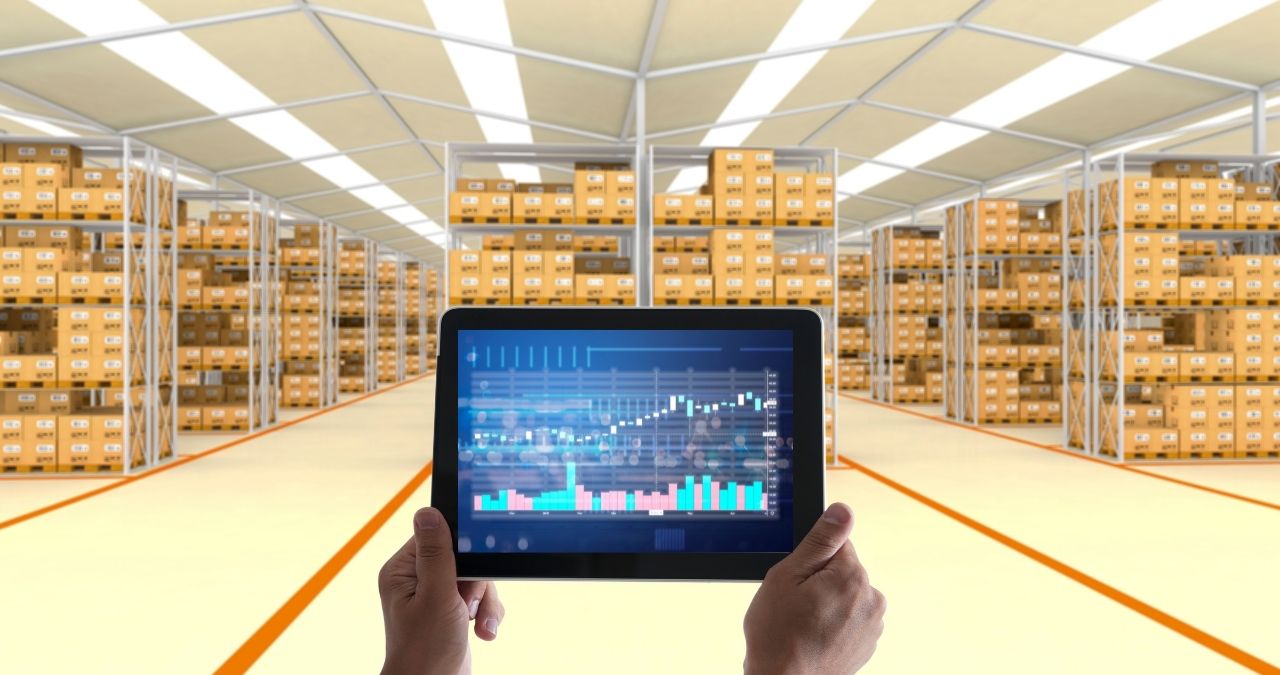
Warehouse management system (WMS) software is a big step up from inventory management software (IMS). The main focus of IMS is on automated order fulfillment and stock counting. However, inventory management is only one feature of WMS software. The functionality and features of WMS software are indispensable to warehouse and distribution center managers dealing with multiparty and third-party logistics (3PL). For businesses involved with 3PL or more than 3PL, there are essentially three kinds of WMS systems. They all offer the same basic functions and features, varying only in terms of package and delivery style.
How many types of WMS are there?
Standalone WMS
The main attraction of standalone WMS software is the warehouse management features. Although standalone warehouse management systems are sold as a specialized product, they can be combined or integrated with existing and future solutions. Key features of standalone WMS include:
- Barcode scanning
- Expiry date tracking
- Slotting
- Cycle count
- Receiving
- Put-away
- Pick and pack
- Shipping
Standalone warehouse management systems are a good solution for smaller businesses with limited inventories and limited software budgets.
Supply Chain Modules (SCM) WMS
Unlike standalone WMS which cover the warehouse only, this type of software provides an overall view of the supply chain. Supply chain modules warehouse management systems give a holistic, integrated, birds-eye view of the warehouse management and inventory, fleet management, 3PL, material sourcing, and product cycling.
In addition, SCM software assists managers handle business processes, risk assessments, and vendor relationships. Furthermore, supply chain modules WMS can be integrated with other software such as enterprise resource planning (ERP) software and payroll. This means that existing standalone software managing different functions can be integrated into a single, seamless platform or eliminated.
Enterprise Resource Planning (ERP) Integrated WMS
While integrated enterprise resource planning (ERP) systems do have features for warehouse management, that is not their core function. The advantage of ERP warehouse management systems is that they can combine and integrate other software and systems capabilities. This is extremely useful in third-party logistics. Therefore, it can replace a variety of applications by offering a single, consolidated, multifunctional system.
Enterprise resource planning is quite comprehensive as it effectively runs processes such as accounting, supply chain forecasting and planning, customer relationship management, and even human resources. ERP cloud-based WMS solutions are scalable and can assist companies in managing their return on investment by bringing efficiencies.
Choosing the right warehouse management software solution
The different types of WMS come with different price tags. First, decide what warehouse management software features will benefit your business the most. This will depend on both the in and out processes as well as protocols and volumes. Volumes are important to understand when deciding how much to spend on a WMS. It is vital that you factor growth into the volumes. The main goal is to match the cost to the need. Then, compare different software solutions for the features that you need and any possible value-added benefits.
Shortlist two or three models that meet your company’s needs and then invite vendors to give you a demonstration. You may ask if it is possible for them to give you a trial period. Also, ask the vendors for contactable client references from other companies they have sold to.
Related Resources:
3PLink Logistics Technology
Dynamics 365 Business Central
Nebraska Warehouse One-Stop-Shop | Technology Enabled 3PL Value-Added Services Warehouse | Freight Broker | Logistics
Nebraska Warehouse doesn’t just help to facilitate your shipments, but we are truly a one-stop-shop solutions provider. Our services include:
-
- Professional Storage Development and Management
- Quality controlled Environment
- Responsive, Personal Customer Service
- Reasonable Price
- Real Estate Development and Management
- LTL & FTL Shipping
- Refrigerated Trucking & Storage
- E-Technology Software
- Transportation Freight
- Dedicated Contract Warehousing
- 3PL Public Warehousing
- 3PL Specifications
